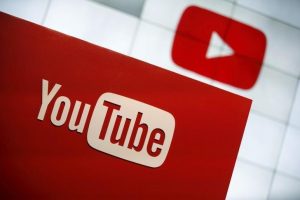Experts hail YouTube’s new monetisation rules

Bhubaneswar: YouTube’s latest move to tighten monetisation guidelines has drawn praise from industry experts and content creators alike, who view it as a much-needed step toward preserving creativity and authenticity on the platform.
Effective from July 15, 2025, YouTube will implement updated monetisation rules under the YouTube Partner Program (YPP). The changes are designed to curb the monetisation of content that is mass-produced, templated, or heavily reliant on AI tools without creative transformation. Joyeeta Roy, a social media expert and founder director of Signature 24 Productions, hailed the update as a strong stance in favour of genuine, human-driven storytelling. “An absolute welcome and much-needed step towards preserving authenticity and creativity on the platform.” She noted that in an era of rapidly growing AI-generated content, the new guidelines will send a clear message in favour of original, human-driven storytelling. “While AI tools have their place in enhancing productivity, relying solely on repetitive AI content can erode the value of real human interaction.”
Roy said. She added that by tightening monetisation around low-effort videos, YouTube is encouraging creators to invest in quality and originality, thereby strengthening viewer trust and advertiser confidence. “This policy isn’t about limiting innovation—it’s about ensuring AI remains a tool, not a replacement, for authentic expression,” she emphasised..” Satya Mohapatra, a digital content creator, echoed the sentiment, saying the policy would push creators toward better standards. “This decision is a welcome step and must be appreciated, as it will inspire creators to focus more on originality and meaningful content,” Mohapatra said. “It encourages us to move beyond shortcuts and invest in real creativity,” he added. According to the new policy, videos on YouTube that reuse existing clips without significant edits, rely solely on automated voiceovers, or follow generic formats with little added value, may no longer qualify for ad revenue. While formats like reaction videos, compilations, and AI-assisted content are still allowed, they must feature clear commentary, context, or edits by the creator to remain eligible.
News